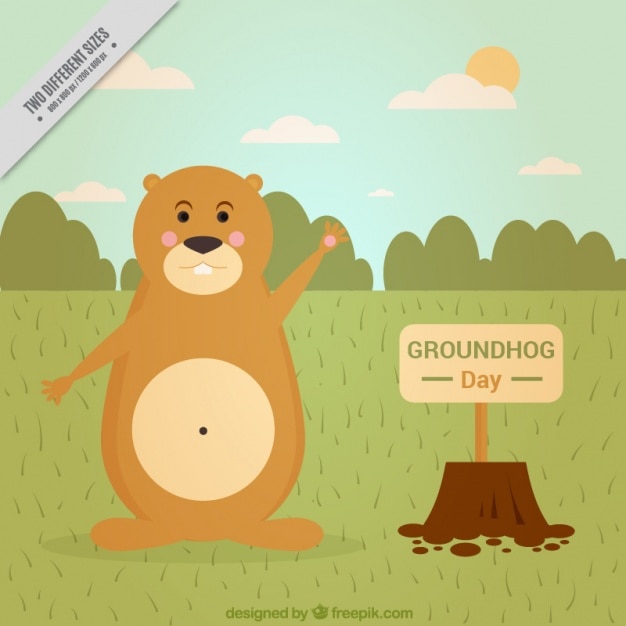Interesting Facts About Quokkas

Quokkas are small marsupials native to Western Australia.
Quokkas have a friendly and approachable nature, often referred to as the happiest animal on Earth.
Despite their small size, quokkas are excellent swimmers.
Quokkas are herbivores, primarily feeding on grasses and leaves.
Quokkas have a unique ability to regurgitate bacteria-rich food to aid digestion.
Quokkas have adapted well to their habitat on Rottnest Island, where they are thriving.
Quokkas have become Instagram sensations due to their photogenic smiles.
Quokkas are highly social animals and often live in small groups or colonies.
Quokkas communicate through a series of vocalizations and body language.
Quokkas have sharp claws that help them climb trees and forage for food.
Quokkas have a gestation period of only one month before giving birth to a tiny joey.
Quokkas are known for their ability to survive in arid and harsh environments.
Quokkas have a lifespan of around ten years in the wild.
Quokkas have pouches similar to kangaroos and wallabies, where they carry and nurse their young.
Quokkas are excellent jumpers and can leap up to three meters in height.
Quokkas are unique to Western Australia and cannot be found anywhere else in the world.
Quokkas have been part of Aboriginal culture for centuries, with their image appearing in rock art and stories.
Quokkas have a cuddly appearance, often compared to a teddy bear.
Interesting Facts About Quokkas part 2
Quokkas are known for their curious and inquisitive nature.
Quokkas have a strong sense of smell, helping them locate food and identify predators.
Quokkas are crepuscular animals, meaning they are most active during dawn and dusk.
Quokkas have a thick and bushy tail, which helps them maintain balance while climbing.
Quokkas have become a symbol of conservation efforts in Australia, representing the unique and diverse wildlife of the region.
Quokkas have few natural predators due to their elusive nature and ability to hide in thick vegetation.
Quokkas have been heavily impacted by habitat loss and introduced predators, making them a vulnerable species.
Quokkas have a unique ability to survive on limited water resources, a trait that has helped them thrive in their arid habitat.
Quokkas have a specialized digestive system, allowing them to extract maximum nutrients from their food.
Quokkas are known to use their tails as a prop while sitting upright, giving them a distinct posture.
Quokkas are adept climbers and can scale trees using their sharp claws and strong hind legs.
Quokkas have a limited range of vocalizations, which include chirps, whines, and grunts.
Quokkas are highly adaptable and can survive in various habitats, including coastal areas and dense forests.
Quokkas have a laid-back nature and are not easily startled by human presence.
Quokkas feed on a variety of plant species, contributing to the dispersal of seeds and aiding in plant growth.
Quokkas have a unique dental structure that allows them to efficiently chew and process tough plant material.
Quokkas have been the subject of extensive research to understand their social behavior and ecology.
Quokkas are considered a keystone species, as their presence has a significant impact on the ecosystem they inhabit.
Quokkas have strong hind legs, which allow them to hop and run with agility.
Quokkas are highly adaptable to changing environmental conditions, making them resilient to disturbances.
Quokkas have a reputation for being friendly towards humans, often approaching tourists for food.
Quokkas have a distinctively short and stocky build, making them well-suited for their island habitat.
Quokkas have a protective layer of fur, which helps them regulate body temperature and stay warm in colder months.
Quokkas have been extensively studied for their reproductive behavior, which involves complex social dynamics and mate selection.
Quokkas have a specialized jaw structure that allows them to efficiently chew tough and fibrous vegetation.
Quokkas have a high metabolic rate, which enables them to digest food quickly and efficiently.
Quokkas have a strong bond with their offspring, with mothers providing constant care and protection.